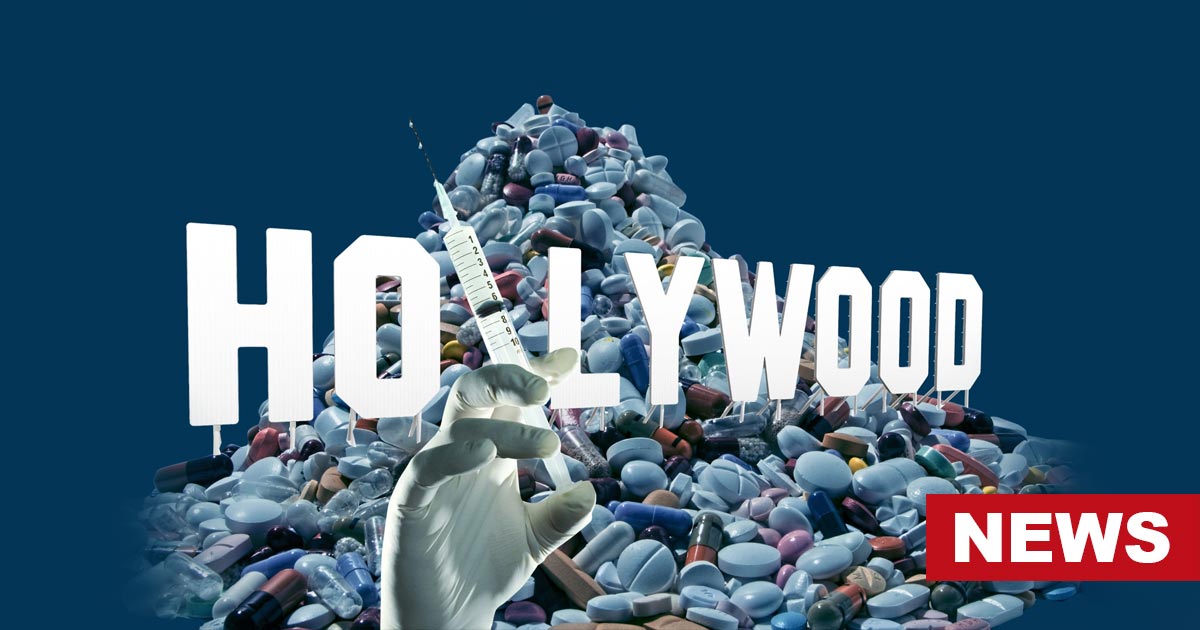Hollywood’s addiction problem is the stuff of legends and nightmares. From Marilyn Monroe to Micheal Jackson, substance abuse challenges and death by overdose have been closely associated with stardom and the glitterati. It’s not until recently that substance use disorder (SUD) has entered the realm of mental health, discarding the misconception that it is a voluntary and glorified lifestyle factor.
Consequently, many documentaries about Hollywood’s addiction over the years have cropped up, captivating audiences worldwide and offering a compelling and thought-provoking exploration of human nature and mental health.
For instance, actor and musician Corey Feldman’s documentary “(My) Truth: The Rape of 2 Coreys,” Netflix’s “Have A Good Trip: Adventures In Psychedelics,” Robyn Symon’s “Fatal Addiction: Hollywood’s Secret Epidemic,” Timmy Oliver’s “Juice WRLD: Into the Abyss,” and Oprah Winfrey’s “The Me You Can’t See” have seen a long line of celebrities narrate their personal brush with addiction.
Others like Asif Kapadia’s “Amy,” John Griffin’s “Eclipsed by Death: The Life of River Phoenix,” and Emma Cooper’s “The Mystery of Marilyn Monroe: The Unheard Tapes” used celebrity archives to craft the story of addiction in the film industry.
One constant thread in the narration of Hollywood celebrity addiction is the stress of overwhelming fame, broken personal life, and descent into addiction. But, despite the stereotyped story lines, documentaries on the celebrity use of drugs in Hollywood have been the source of endless fascination.
This is because drug abuse and addiction are complex issues that can affect anyone, including celebrities who appear to have it all. People are naturally drawn to stories that explore the struggles and vulnerabilities of individuals, and documentaries on Hollywood celebrity addiction provide a platform for in-depth examinations of these issues. By showcasing the experiences of celebrities, these documentaries create a sense of relatability and empathy among viewers.
The fascination with documentaries exploring Hollywood’s addiction problem can be attributed, in large part, to the phenomenon of celebrity worship. Many individuals are inherently drawn to celebrities and harbor a profound interest in their lives.
By focusing on drug abuse within the celebrity sphere, these documentaries provide a unique opportunity to delve beyond the superficial and gain a deeper understanding of the personal struggles faced by these public figures. They strip away the glamorous facade, shedding light on the challenges that even the seemingly untouchable encounter.
These films also offer a revealing glimpse into the darker side of fame and fortune, delving into the pressures and temptations that celebrities grapple with and showcasing the consequences of their actions. This aspect of documentary storytelling satisfies our innate curiosity about the hidden realities of celebrity culture and underscores the profound impact it can have on individuals.
Contrary to celebrity worship stands “schadenfreude,” the human tendency to take pleasure in witnessing the downfall or struggles of others. While it may not be the noblest aspect of our nature, documentaries that explore the dark side of celebrities’ lives can tap into this inclination of guilty pleasure. Viewers might find themselves intrigued by the stories of famous individuals grappling with addiction, creating a mix of fascination and a sense of superiority and survival.
Nonetheless, generally documentaries about substance abuse in Hollywood serve as educational tools, shedding light on the dangers of substance abuse and its impact on mental health. They often provide information about the specific substances involved, their effects, and the treatment options available.
However, it is essential to engage with these films responsibly, focusing on empathy, understanding, and the desire to promote awareness rather than mere voyeurism. By utilizing the fascination generated by these documentaries about Hollywood’s addiction problem, we can foster a deeper understanding of addiction, raise awareness, reduce stigma, and support individuals struggling with substance abuse.




